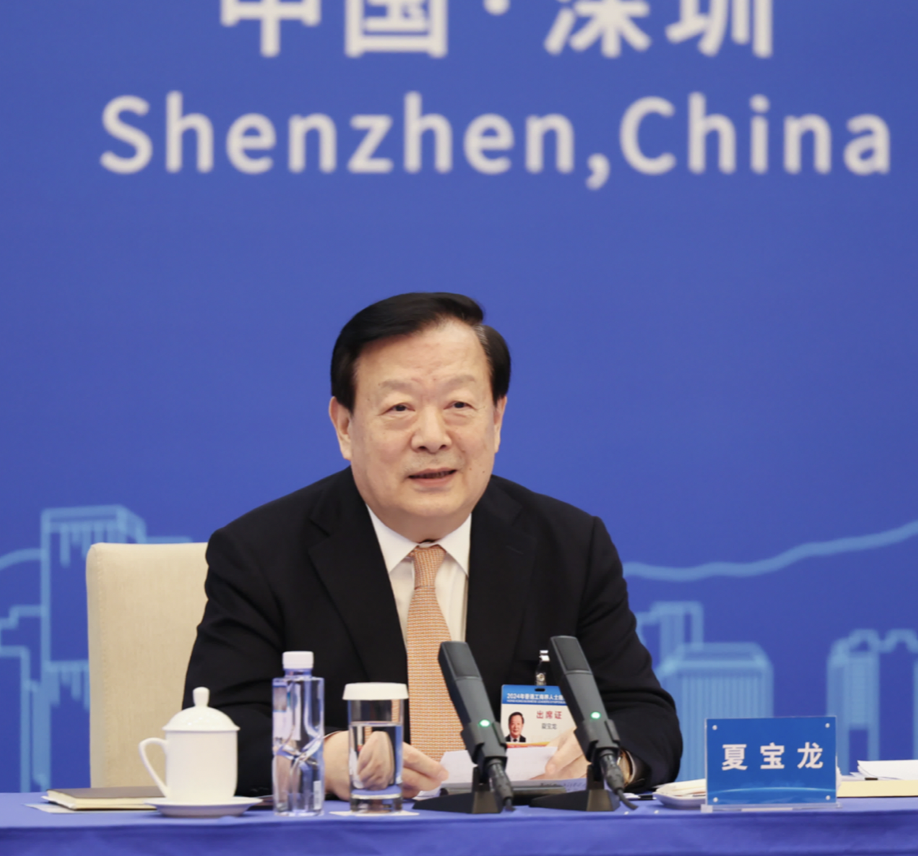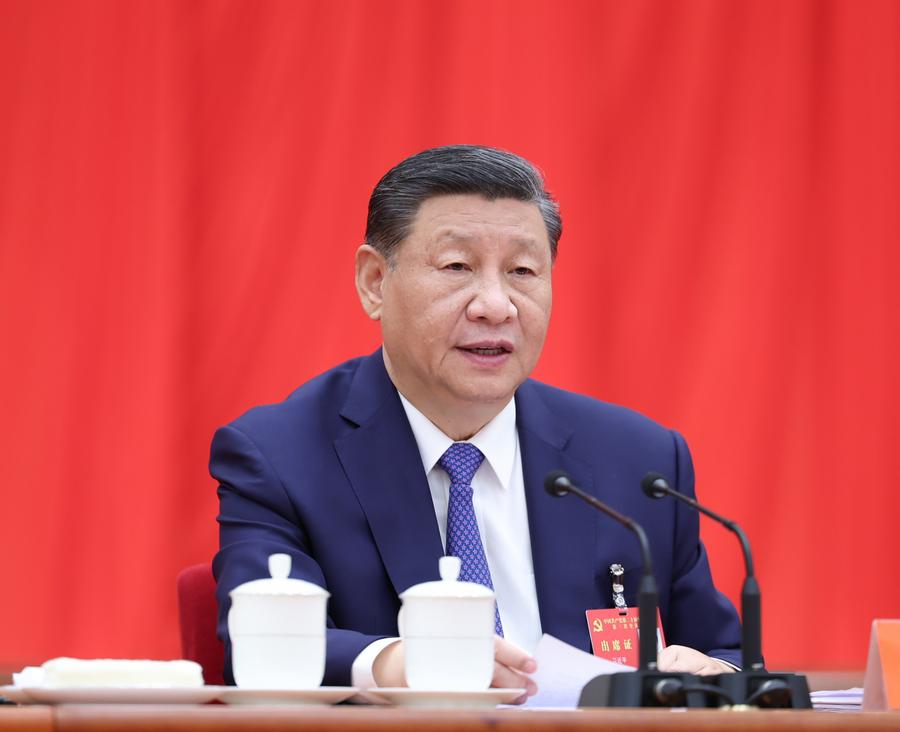An unprecedented meeting between Xia Baolong, the Hong Kong and Macau Affairs Office (HKMAO) Director, and a group of Hong Kong businesspeople in Shenzhen on 8 November 2024 had significant political implications for the changing government-business relations in the Hong Kong Special Administrative Region (HKSAR).
Xia’s meeting with 29 Hong Kong businesspeople carried important messages.
First, he affirmed the important contributions of Hong Kong’s businesspeople to not only the economic prosperity of Hong Kong but also China’s national modernisation – a “glorious” and “patriotic tradition” of Hong Kong’s business sector. The Hong Kong businesspeople, according to Xia, demonstrated a high degree of diligence, a progressive attitude, and flexibility in their adaptation to Hong Kong and China’s development.
Second, Xia pointed to a letter written by President Xi Jinping to a group of Ningbo businesspeople in Hong Kong on 30 July 2024, when the President encouraged them to promote the “excellent tradition” of their ancestors in undertaking creative innovation, making donations to support school construction and development in China, taking concrete action to integrate into their motherland’s reforms, helping the Chinese style of modernisation to build up its “bricks,” and contributing to the Chinese renaissance. As such, President Xi added, the Hong Kong businesspeople and entrepreneurs should recognise the triangular relations between the nation’s development, their own development, and Hong Kong’s development. In other words, if China’s development is good, then Hong Kong’s development is good, as are the enterprises of the Hong Kong businesspeople.

Third, Xia told the Hong Kong business elites that the HKSAR is encountering new challenges internally and externally. As such, they should learn the spirit of President Xi’s letter to the Ningbo businesspeople by utilising the advantages of the “one country, two systems,” taking concrete action to “interpret” their love of China and Hong Kong, supporting the HKSAR government, contributing more to Hong Kong’s livelihood, protecting Hong Kong’s good image, making Hong Kong develop its “new space,” deepening the technological transformation and reforms in Hong Kong, and consolidating Hong Kong’s status as an international financial and monetary centre, maritime centre, and trading centre.
Fourth, Xia attempted to stimulate the creativity and innovative mindset of the businesspeople through an appeal to consider new ways of developing the ecology of Hong Kong’s tourism. He added that Hong Kong’s coastline is 1,180 kilometres long with 263 small islands, which can be utilised as tourist and scenic spots for maritime cruises, entertainment, vacations, and cultural visits.
Fifth, externally speaking, the Hong Kong businesspeople should develop their advantages of having international networks, organising international exchange and activities, inviting foreigners to come to inspect Hong Kong, and realising the vitality and charisma of the HKSAR to the full extent.
Xia’s important speech could be seen as an extension of President Xi’s letter to the Ningbo businesspeople in July, when the Chinese President emphasised that Hong Kong entrepreneurs should integrate themselves into national reforms and development by “giving full play to their strengths.” Ningbo businesspeople in Hong Kong have been famous for their contributions to the economic development of Hong Kong and the mainland, including the late Pao Yue-kong and the late Run Run Shaw.
Xi’s letter was a reply to the descendants of the Ningbo entrepreneurs, who had written to him on the support for China’s development and their commitment to the motherland’s modernisation drive. President Xi in his letter spoke highly of their patriotism and contribution to China’s development through innovation and educational donations. When Xi Jinping worked in Zhejiang province, he had expressed his care and expectations on the overseas Chinese entrepreneurs on numerous occasions.

After President Xi wrote the important letter to the Ningbo businesspeople in the HKSAR, the Hong Kong Chinese Chamber of Commerce held a seminar in which the Liaison Office Director, Zheng Yanxiong, attended, together with Hong Kong’s Financial Secretary Paul Chan and Secretary for Innovation, Technology and Industry Sun Dong. Zheng remarked that President Xi’s reply was affectionate, that Hong Kong’s top priority was to implement the spirit of the Third Plenary Session of the Communist Party of China, and that Hong Kong could play the role of a stakeholder, pioneer, contributor, and innovator.
Immediately after President Xi’s letter to the Ningbo businesspeople, Hong Kong Chief Executive John Lee expressed his gratitude to the President and added that Xi’s letter was deeply encouraging and inspiring. Lee said the Hong Kong government would continue to unite the patriotic forces in the HKSAR and encourage them to fully utilise their expertise to develop the country and to enhance Hong Kong’s contribution to its motherland’s rejuvenation.
John Lee also attended Xia’s Shenzhen meeting with the Hong Kong businesspeople – a gesture of making a similar appeal to the Hong Kong businesspeople to contribute to the development of both Hong Kong and the mainland. He said that Xia’s appeal to the entrepreneurs to “think of the overall good of Hong Kong … And of course, enterprises can make their decisions, but the key point is, how much you love this place” (Hong Kong government’s news, 12 November 2024).
President Xi’s letter to Ningbo businesspeople and Xia’s follow-up meeting with them in Shenzhen together with John Lee had tremendous significance for the changing government-business relations in the HKSAR.
*Sonny Shiu-Hing Lo is a political scientist, veteran commentator, and author of dozens of books and academic articles on Hong Kong, Macau, and Greater China
This post was originally published on here







